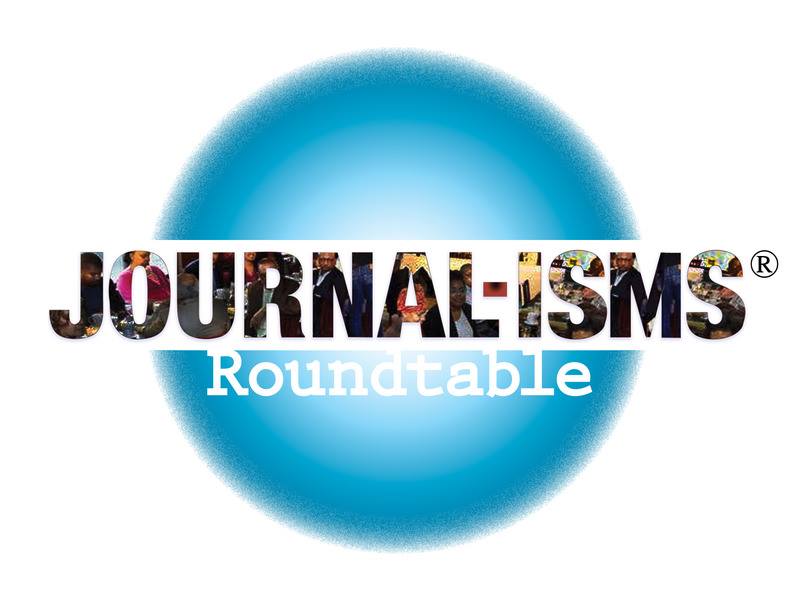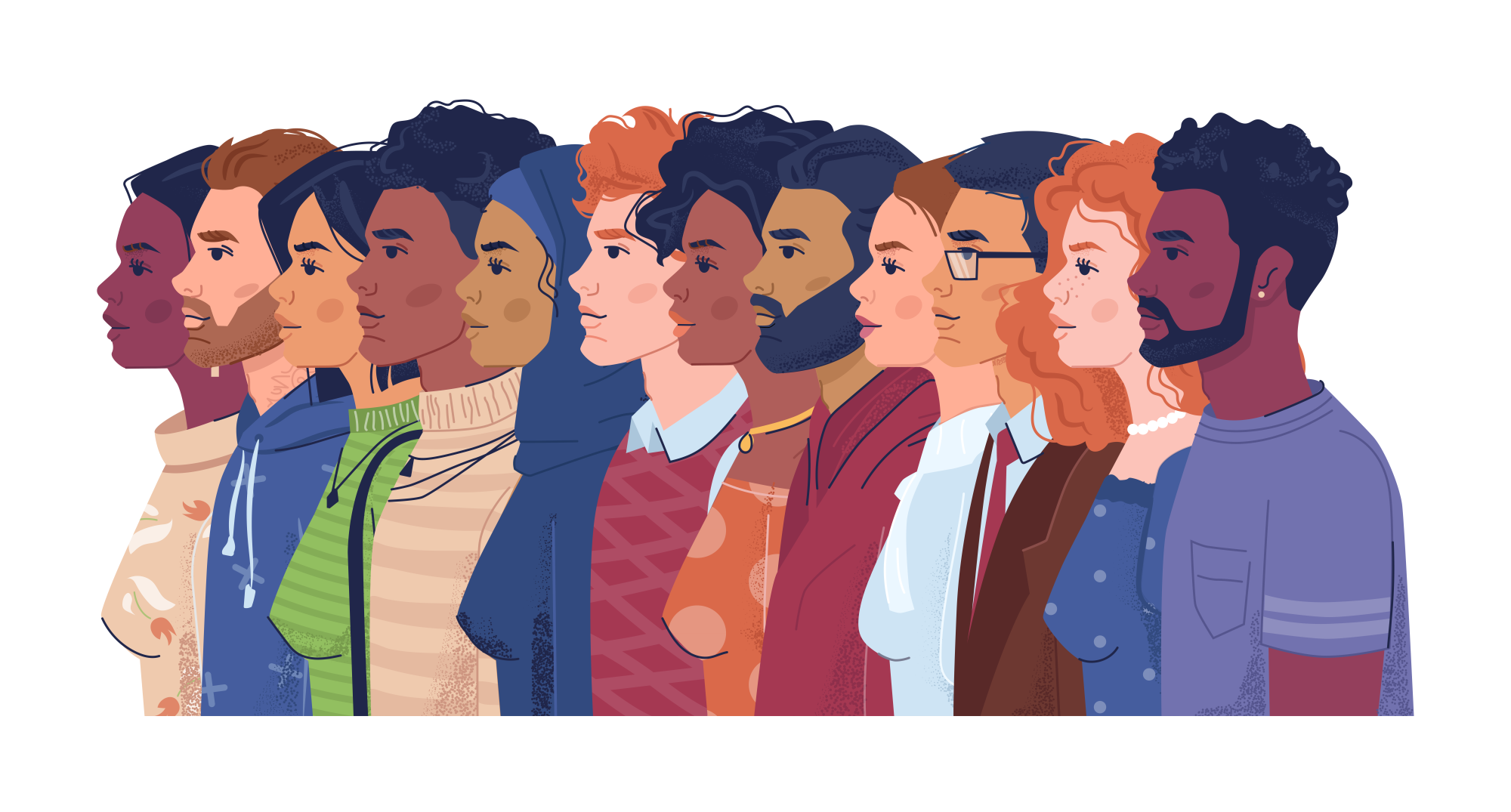
2/16/25 update: Video of this Roundtable is at: https://www.youtube.com/watch?v=kigSh6lpVPU
Hello, all,
In 2004, scholar and attorney Nicolas Vaca wrote “The Presumed Alliance: The Unspoken Conflict Between Latinos and Blacks and What It Means for America.” Vaca told PBS interviewer Ray Suarez that the two groups “suffer from the same kind of racial profiling, discrimination, prejudice. Those similar kinds of problems affect both groups, but in fact you still have a conflict because it is to some extent a zero-sum game, and each group wants to have its own for its own.”
In 2008, the Pew Research Center found that “While blacks and Hispanics hold broadly favorable views of each other, Hispanics are less likely to say the two groups get along well. At the same time, African Americans are far more likely than Latinos to say blacks are frequently the victims of racial discrimination.”
Meanwhile, among journalists, Blacks and Hispanics joined Native Americans and Asian Americans in the Unity: Journalists of Color coalition, which remained intact from its incorporation in 1990 until the Black and Hispanic groups pulled out in 2011 and 2012, respectively. Since then, the two groups have periodically held joint conventions.
Most recently, after large numbers of Latino men voted in November for Donald Trump, New York Times columnist Charles M. Blow, who is Black, wrote that “The election result of a week ago is evidence that the vision of a rainbow coalition as a political organizing principle is fading. It’s evidence that many Americans are willing to subordinate racial and gender concerns when faced with unrelenting language about a lack of physical, economic and cultural security.”
What’s going on here, and is it being reported accurately?
That’s the focus of the next Journal-isms Roundtable, to be held in Washington, D.C., Monday, Feb. 10, at 6:30 p.m. Eastern time (NOTE CHANGE IN STARTING TIME), in person and via Zoom. The topic is “Are the media accurately covering Black-Latino relations”? That includes Latin America as well as the United States.
Some ask, are they covering this subject at all? 🙂
Background on the Roundtables: https://www.journal-isms.com/journal-isms-roundtable/
They are like online dinner parties (and this one in person as well) in that everyone gets to speak, if only in the Zoom chat room.
Thanks to Beverly Kirk, director, Washington Programs and professor of practice, Syracuse University, as well as a Roundtable attendee. S.I. Newhouse School of Public Communications, Newhouse DC, is hosting and co-sponsoring this event.
This will be our first Roundtable open to the public.
Location: S.I. Newhouse School of Public Communications, Newhouse DC, 1333 New Hampshire Ave. NW, Suite 900, Washington, D.C..
It’s across the street from the Dupont Circle Metro Station (Red Line.)
Light food will be provided free of charge, but donations to Journal-isms will be appreciated. < https://www.gofundme.com/f/richard-prince039s-journalisms >.
All who are interested should register at < jroundtable5 (at) gmail.com >.
Please specify in person or Zoom. No walk-ins will be accepted.
For those joining by Zoom, meeting ID and password information will be provided closer to the date, after RSVPs.
Important: Please be sure to give us a heads up if your plans change and you can’t make it.
Our panelists:
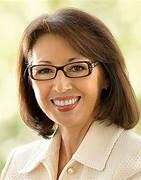 Marie Arana, who is Peruvian American, is the former editor of the Washington Post’s Book World section, inaugural literary director of the Library of Congress and author of three books on Latin America. Her latest, “Latinoland: A Portrait of America’s Largest and Least Understood Minority,” has a must-read chapter on “The Color Line,” full of eye-opening facts. Check it out of the library if you can.
Marie Arana, who is Peruvian American, is the former editor of the Washington Post’s Book World section, inaugural literary director of the Library of Congress and author of three books on Latin America. Her latest, “Latinoland: A Portrait of America’s Largest and Least Understood Minority,” has a must-read chapter on “The Color Line,” full of eye-opening facts. Check it out of the library if you can.
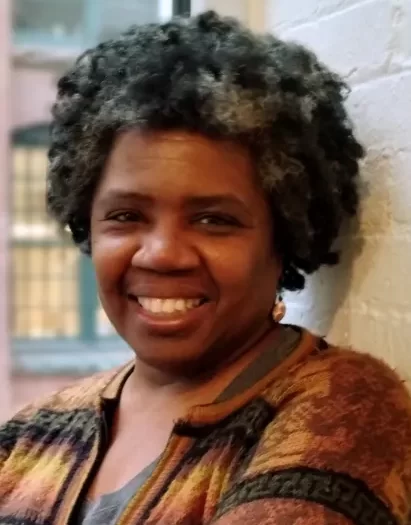 Karen Juanita Carrillo, reporter for the New York Amsterdam News. “I cover this subject and have even written a book about it,” she says. On the book: “It’s ‘African American–Latino Relations in the 21st Century,’ I did some research into both communities and how they have been able to live together, and when they have not. You can see it here. Researching this book was interesting, it taught me a lot about the advocacy history of both communities.” Karen also wrote this month about the U.N.’s second declaration of an International Decade for People of African Descent, a gathering largely ignored by the mainstream media < https://bit.ly/42ssxVU >.
Karen Juanita Carrillo, reporter for the New York Amsterdam News. “I cover this subject and have even written a book about it,” she says. On the book: “It’s ‘African American–Latino Relations in the 21st Century,’ I did some research into both communities and how they have been able to live together, and when they have not. You can see it here. Researching this book was interesting, it taught me a lot about the advocacy history of both communities.” Karen also wrote this month about the U.N.’s second declaration of an International Decade for People of African Descent, a gathering largely ignored by the mainstream media < https://bit.ly/42ssxVU >.
 Torrance Latham, news editor at the Miami Herald, who is also v.p. of the South Florida chapter of the National Association of Black Journalists. If any news organization has covered the interaction of the two groups, it’s the Herald. As the 21st century was getting underway, the Herald did a series on Blacks in Latin America.
Torrance Latham, news editor at the Miami Herald, who is also v.p. of the South Florida chapter of the National Association of Black Journalists. If any news organization has covered the interaction of the two groups, it’s the Herald. As the 21st century was getting underway, the Herald did a series on Blacks in Latin America.
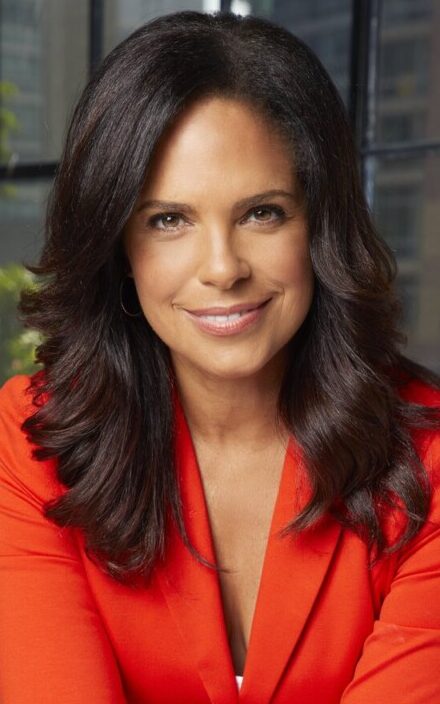 Soledad O’Brien, broadcast journalist who has her own production company. She has anchored and reported for NBC, MSNBC and CNN. Daughter of a white Australian father and a Black Cuban mother, Soledad has won numerous awards, including three Emmys, the George Peabody award, an Alfred I DuPont prize and the Gracie. Newsweek named her one of the “15 People Who Make America Great.” With her husband, she is founder of the PowHERful Foundation that helps young women get to and through college. She wrote this in 2020.
Soledad O’Brien, broadcast journalist who has her own production company. She has anchored and reported for NBC, MSNBC and CNN. Daughter of a white Australian father and a Black Cuban mother, Soledad has won numerous awards, including three Emmys, the George Peabody award, an Alfred I DuPont prize and the Gracie. Newsweek named her one of the “15 People Who Make America Great.” With her husband, she is founder of the PowHERful Foundation that helps young women get to and through college. She wrote this in 2020.
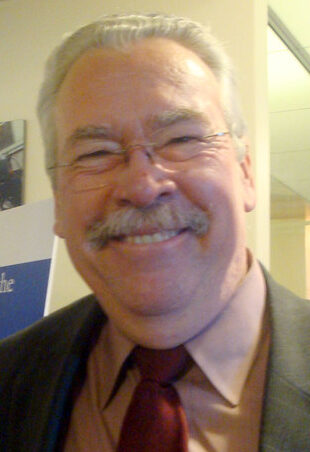 Don Podesta. Retired editor and Latin American correspondent for the Washington Post, where he wrote stories such as this from 1993: “In Much of South America, Descendants of Africans Are Getting Hard to Find.” It was a sidebar to this piece on Brazil: “Black Slums Belie Brazil’s Self-Image.” Don was born in Chile and spent much of his childhood in Colombia before coming to the United States as a teenager. He has lived or worked in almost every Latin American country, and was once the Post’s correspondent in South America, based in Buenos Aires, Argentina. He is also a retired program officer of the Latin America & the Caribbean at National Endowment for Democracy.
Don Podesta. Retired editor and Latin American correspondent for the Washington Post, where he wrote stories such as this from 1993: “In Much of South America, Descendants of Africans Are Getting Hard to Find.” It was a sidebar to this piece on Brazil: “Black Slums Belie Brazil’s Self-Image.” Don was born in Chile and spent much of his childhood in Colombia before coming to the United States as a teenager. He has lived or worked in almost every Latin American country, and was once the Post’s correspondent in South America, based in Buenos Aires, Argentina. He is also a retired program officer of the Latin America & the Caribbean at National Endowment for Democracy.
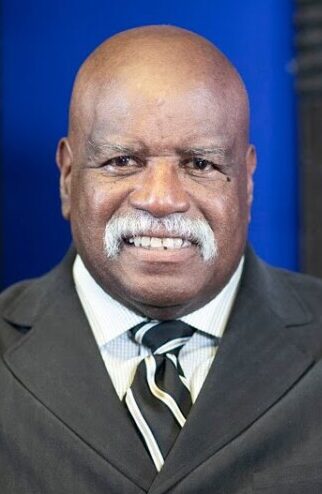 Roland E. Roebuck, president of the D.C.-based Afro Latino Institute and a native of Puerto Rico. He went to December’s concluding meeting of U.N.’s International Decade for People of African Descent, held in Havana. “For over 40 years he has worked tirelessly, through advocacy and mentoring, to combat racism and promote social justice,” his bio says. More here. (Video here)
Roland E. Roebuck, president of the D.C.-based Afro Latino Institute and a native of Puerto Rico. He went to December’s concluding meeting of U.N.’s International Decade for People of African Descent, held in Havana. “For over 40 years he has worked tirelessly, through advocacy and mentoring, to combat racism and promote social justice,” his bio says. More here. (Video here)
More background:
- Mary Bruce, ABC News: Obama, Shakira Join Forces at Colombian Cultural Event (April 16, 2012)
- Ilia Calderón, Atria Books: My Time to Speak: Reclaiming Ancestry and Confronting Race (book by “the first Afro-Latina to anchor a high-profile newscast for a major Hispanic broadcast network in the United States.”) ( Aug. 4, 2020)
- Henry Louis Gates Jr., PBS: Black in Latin America (2011 series)
- Lelia Gowland, Forbes: How Your Racial And Gender Identities Can Overlap And Affect Your Career (June 27, 2018)
- Human Rights Watch: Africans and People of African Descent Call on Europe to Reckon with Their Colonial Legacies (Nov. 18, 2024)
- Institute on Race, Equality and Human Rights: In Cuba, Extreme Poverty Mainly Affects People of African Descent on the Island (Oct. 30, 2024)
- Journal-isms: Colorism a Troublesome Relic Affecting Newsrooms (July 15, 2023) (scroll down)
- Journal-isms: Worldwide, Do Media Have a Racism Problem? (Aug. 10, 2021)
- Journal-isms: Race, Colorism on Latino Journalists’ Agenda (July 18, 2021)
- Journal-isms: The Black Press to Our South (June 27, 2018)
- National Association of Hispanic Journalists: Afro-Latino Task Force
- John Nichols, The Nation: Democrats Should Listen to What Chuck Rocha’s Saying About Their Party (Dec. 6, 2024)
- Eugene Robinson, Free Press: Coal to Cream: A Black Man’s Journey Beyond Color to an Affirmation of Race (1999 book witten after Robinson covered Brazil for the Washington Post)
- Sufwn Nour Saudi, Latino USA: Hombre: Understanding Latino Men ft. Chuck Rocha (Jan. 12)
Who’s in?
